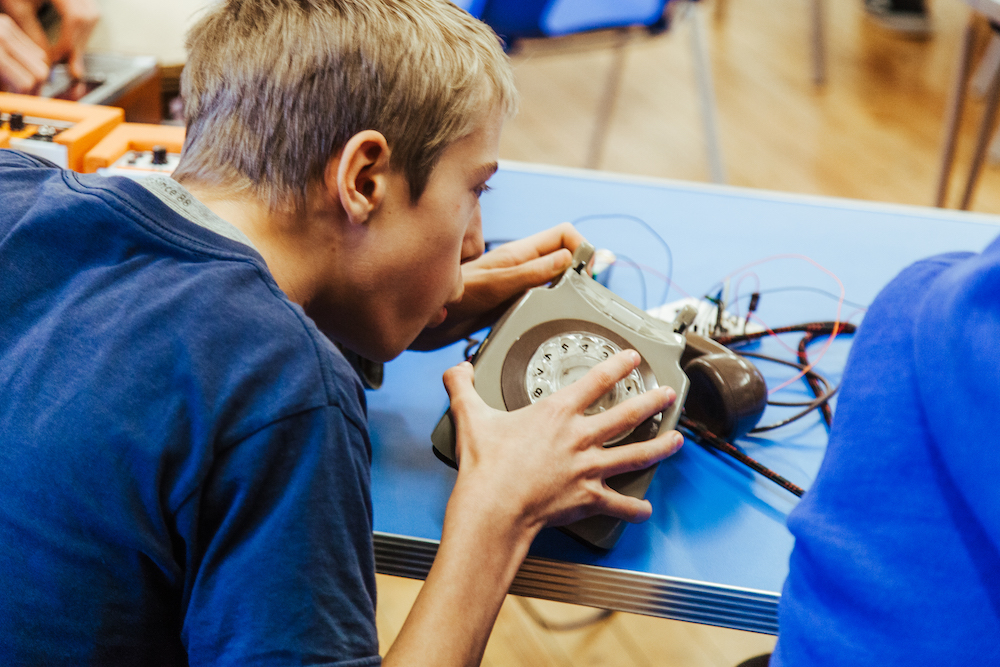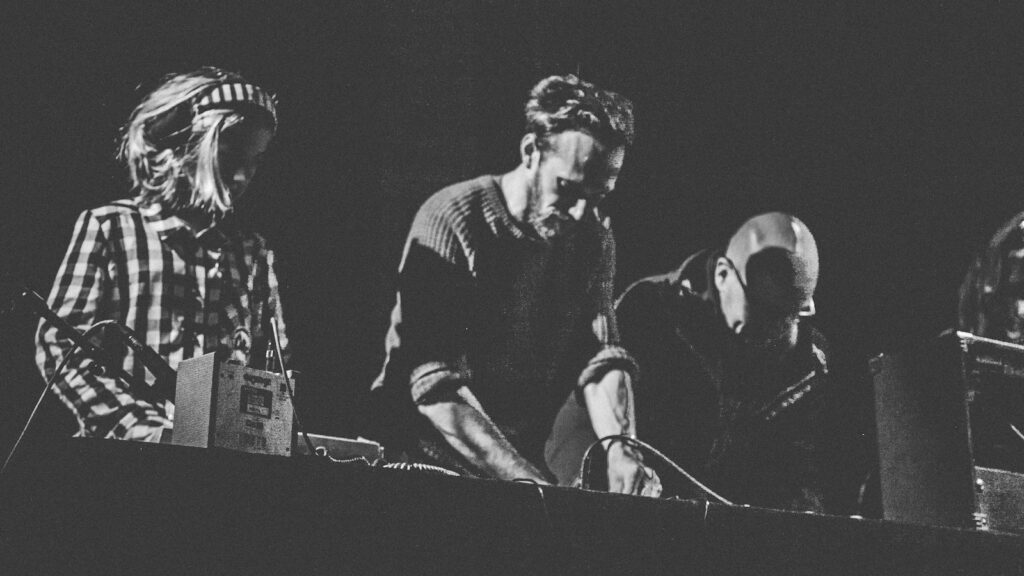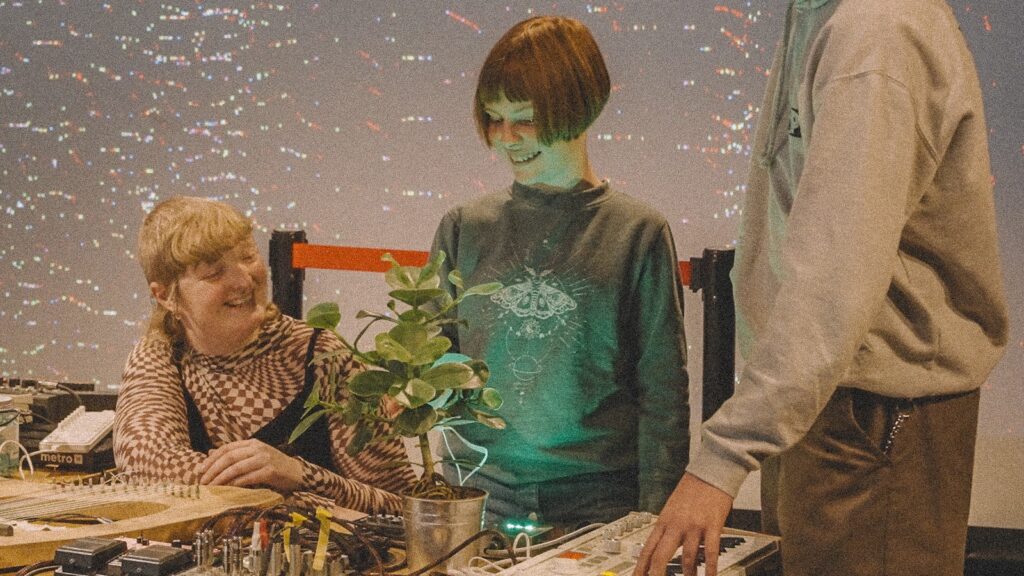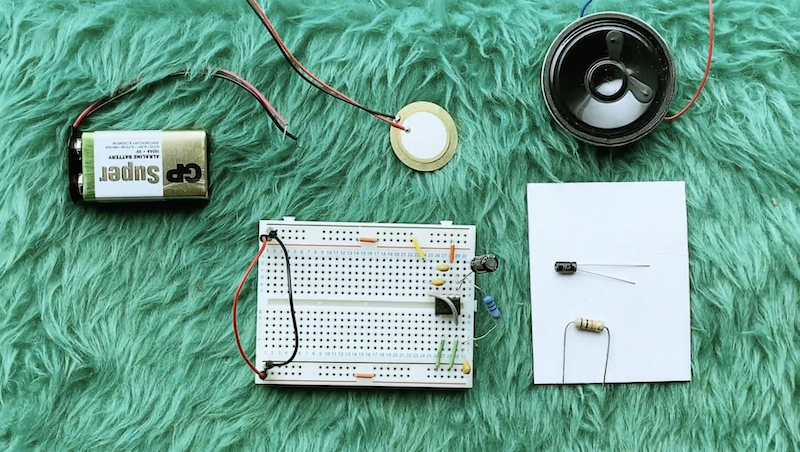We continually strive for excellence and transparency. You can download the full evaluation of our research and development project for co:noise by clicking here: CO-NOISE Final Evaluation report.
Key points are:
- We have a greater understanding of the musical backgrounds of children in the area, with younger children having little musical background due to lack of opportunity
- Feedback shows most children who participated enjoyed the activities and developed an interest in building instruments, performing in groups, and experimental ways of playing music
- Workshop leader reports show that almost all children approached the activities with confidence as a result of our development work to reduce barriers to participation, and in group sessions, valued the social element of meeting other children.
- Teachers said they were very pleased with the workshops, and reported that pupils continued playing with the instruments they made at home; several parents told us that they plan to get more electronic components for their children to make more instruments
- Having parents and/or experienced musicians involved in the participatory performances alongside the children was reported to increase confidence in children to participate, experiment, and encouraged higher quality group performance
- Gamification, visualization and conducting helped the children perform to an instantly higher standard during participatory performances
- Secondary schools were difficult to get bookings with – evidence and promotional material will now help, as will taking a different approach such as networking or peer-to-peer recommendations between teachers
- Participants expressed surprise at their own ability, and at the ease of being able to make/perform on the instruments, according to feedback
- Separating the workshops into ‘making’ and ‘performance’ provides better clarity and particularly increases the quality of the performance workshop
- Having our own venue for workshops, performances and other future activities (such as a children’s experimental orchestra) is a new aspiration based on practicality
- The events can benefit children with Profound and Multiple Learning Disabilities
- Four instrument building tutorials were added to our website, which parents had seen for their children to use – there is material for several more tutorials
- The project has enabled us to develop a model of a ‘route of progression’, with different entry points for children
- There is evidence that a childrens orchestra and/or an instrument building club would have a good impact on our work with young people, and we have started developing this idea for our future activities to help meet our organisation’s mission
- We have built excellent relationships, and have already confirmed and had initial enquires for delivering workshops or other activities in 2020
- Engaging with older children was more difficult than younger children, and we have learnt we need to take a different approach to this – providing more regular activity, promoting the social aspects, adopting a participant led approach, encouraging involvement as a possible opportunity to be played on radio, a new marketing strategy.
- Continual monitoring and evaluation has been crucial to developing the work, and the organisation will now plan to continue working with an evaluation specialist and embed reflective learning journals into work going forwards
- Artists developed skills in creating instruments (particularly the use of electronics), leading group improvised performances, and delivering workshops
- We now have better instruments developed for workshops and performances that help reduce barriers to participation for children
- We increased, and evidenced, ideas and knowledge for how to reduce barriers to participation for children such as introducing gamification, conducting and visualization
We’d like to thank all involved in this project – staff, freelancers, partners, participants, and parents.



